Sriram Rajamani
President and Managing Director, Microsoft Research
Programming and Machine Learning
Hello folks! Greetings from the Compilers and PL group at CSE, IIT Bombay!
Get ready for an exhilarating experience as we unveil the Programming Languages and Compilers In Industry Day (PLACID) on March 30, 2024. Join us in exploring the backstage marvels of programming languages- the compilers industry engineers. Featuring talks by industry experts from leading compiler-focused companies and posters session featuring the research work done by our Masters and PhD students. This exclusive event is designed to expose IIT Bombay students to the dynamic world of compilers and programming languages, offering insights into industry advancements. Don't miss this opportunity to dive into the heart of cutting-edge developments on the grand stage of programming languages and compiler technology!
Please note that this event is an internal IIT Bombay Event.
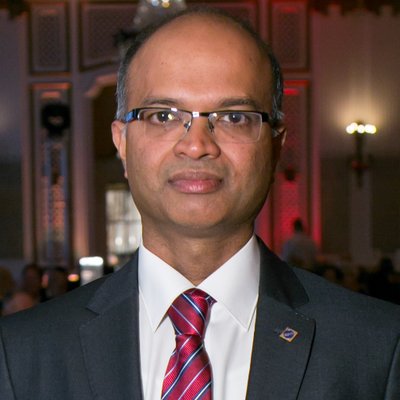
President and Managing Director, Microsoft Research
Programming and Machine Learning
Sriram Rajamani is Corporate Vice President and Managing Director of Microsoft Research India. Sriram is an ACM fellow, INAE fellow, and winner of the Computer Aided Verification Award. His work has impacted both academic and industrial practice in programming languages, systems, security, and formal verification. He is currently working on reimagining the future of programming and software engineering with LLMs to improve productivity, agility and user experience while preserving reliability and security. Sriram did his PhD in Computer Science at UC Berkeley.

Senior Researcher at Microsoft Research
LLMs for Code Generation, Static Analysis, Verification
Pritam is a Senior Researcher at Microsoft Research (MSR) where she is working on leveraging Large Language Models (LLMs) for static analysis. Prior to this, she was a Postdoctoral Researcher at Imperial College, London where she worked on static analysis and dynamic symbolic execution for efficient bug detection. She has done her masters and doctoral degrees in Computer Science from IIT Bombay. Her Ph.D. thesis focused on Pointer Analysis and proposed a new form of representation for procedure summaries that can be used for scalable flow- and context-sensitive points-to analysis.

Director CPU Compilers, NVIDIA
Compilers, Software tools and Toolchains
Ramana has worked in the field of compilers since 2002 and has worked on building out GNU Toolchain for a variety of CPU architectures including some very popular ones such as AArch64. He is involved with GCC as a steering committee member and as a maintainer for the AArch32 port. While GNU Toolchain has been his mainstay, he has also dabbled in the field of machine learning compilers building out a team. He currently leads a team doing OSS CPU Compilers for Grace, NVIDIA's data centre CPU , Grace and is very interested in compiler optimisations for GCC and LLVM designed for these CPUs.
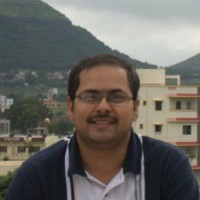
Principal Compiler Engineer, NVIDIA
Principal Compiler Engineer, NVIDIA
Shekhar is a compiler engineer with 20+ years of experience in the area of compilers. He has worked on compilers for different types of architectures like RISC/DSP/GPUs. He has experience in mid and low level optimizations including register allocation, instruction scheduling etc. Currently he manages the GPU compiler backend team in NVIDIA. His team work on mid and low level optimizations for GPUs. The focus of the team is supporting new GPU architectures and tuning the code generation for graphics (gaming) and compute (CUDA) workloads. The compiler handles all types of programing APIs supported by the GPU.
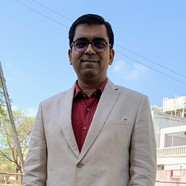
Senior System SW Manager, NVIDIA
PTX Compiler for NVIDIA GPUs
Girish works as Senior System SW Manager for GPU Compilers in NVIDIA. He manages PTX Compiler group and assembler/disassembler tools group at NVIDIA. He has experience in working on GPU programming languages design, compiler front end implementation and linkers, ABI for GPUs. He has worked on all NVIDIA GPUs since Fermi generation and has contributed to lot of features in CUDA and PTX since then. He has several patents in areas of abstraction for GPU programs, linkers and runtime. His areas of interest are programming language design, ABI and linkers.
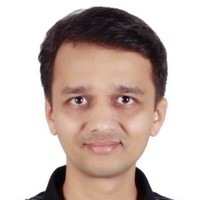
Sameer is Principal MTS (PMTS) at AMD in the AI GPU Software Group (working on the GPU compiler). He has done his PhD in Computer Science from IIT Bombay.
Compilers for AMD GPUs
Sameer is Principal MTS (PMTS) at AMD in the AI GPU Software Group (working on the GPU compiler). He has done his PhD in Computer Science from IIT Bombay.

Principal Member of Technical Staff (MTS), AMD
Compilers, HPC, GPU Programming
Saiyed is Senior MTS at AMD in the AI Group working on GPU Compilers. He is also an Adjunct Faculty at BITS Pilani's WILP Division. He has been working on GPUs since 2009. He designed a Domain Specific Language for Clustering and its parallelizing compiler targeting distributed systems during his PhD at BITS Pilani. His primary interests are HPC, Data Clustering, Programming Languages, and Compiler Design.
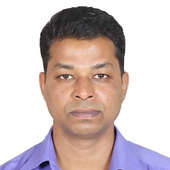
Master inventor and Senior Technical Staff Member, IBM
Programming and Machine Learning
Gireesh is an IBM master inventor and Senior Technical Staff Member part of IBM Runtimes team that develops and supports Java, Node.js and Eclipse SDK. He is an Eclipse committer and Node.js TSC member. In 22 years of his career, he has been porting, developing and debugging web servers, virtual machines, compilers and cloud platform frameworks. He has spoken at several Node.js, Java and Eclipse conferences and has authored a book on Node.js enterprise application development.
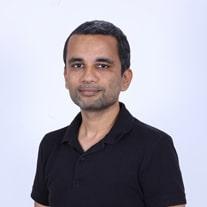
Software-Wireless & Networking, Saankhya labs
DSLs for Radio Access Networks (RAN)
Makarand leads the wireless innovation efforts at Saankhya labs with focus on improving the operational and development efficiencies of RAN solutions. He is an active member of O-RAN standardization forum where he represents Saankhya in WG6.He has extensive experience in building and deploying wireless infrastructure products and is a known SME in the field. Prior to Saankhya, Makarand has been part of several leading edge startups like UbiNetics (now Viavi), well known for the TM500 series of test platforms and then Navini networks, a pioneer in industry leading beamforming solutions.

Principal Compiler Engineer, Quadric Inc
Graph Compiler and LLVM
Sameera is Principal Compiler Engineer at Quadric Inc, managing team of 6 compiler Engineers globally. Their team at Quadric Inc work on Graph compiler and LLVM for our Chimera architecture.
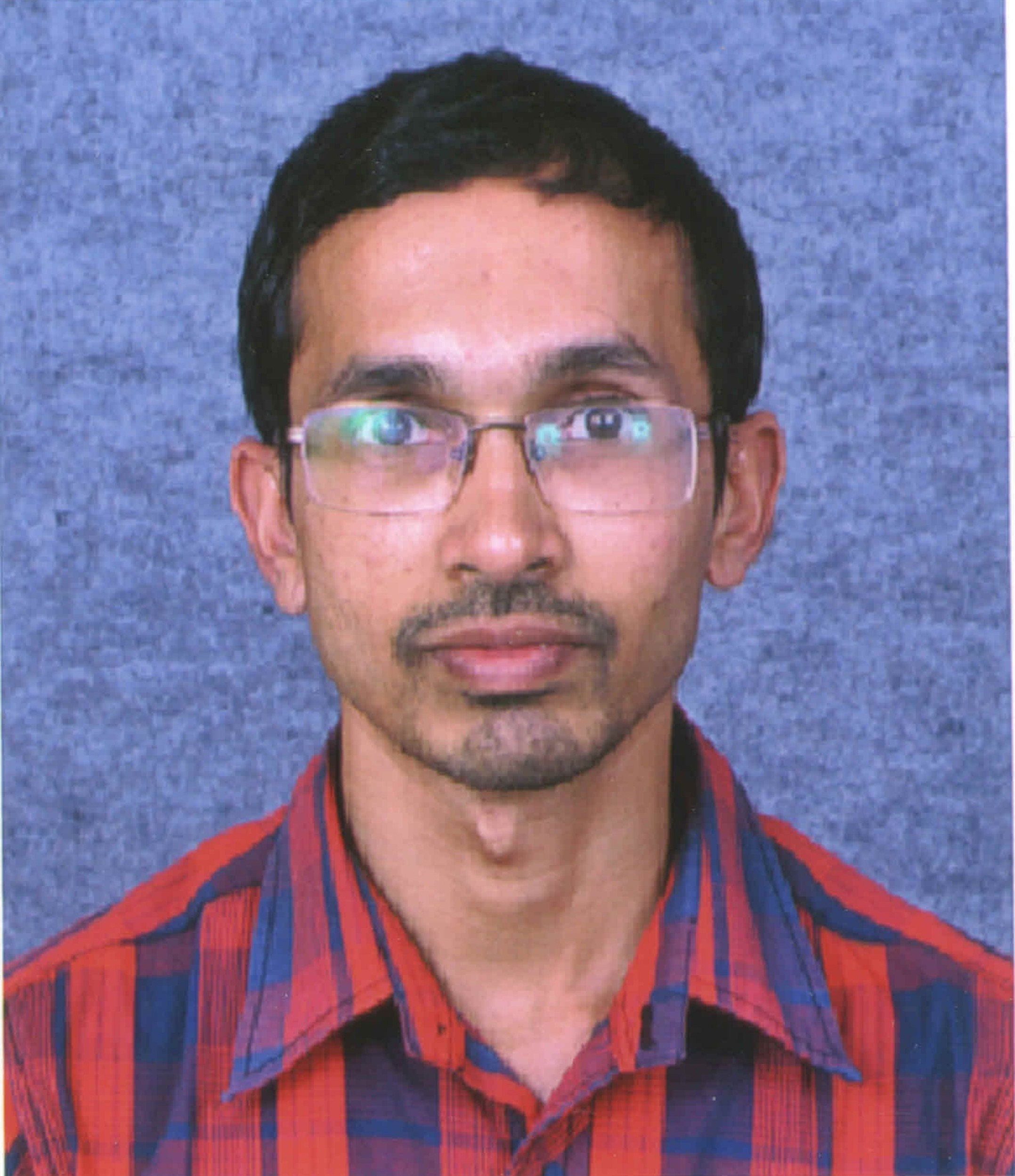
Senior Staff Engineer, Qualcomm
Compiler & Tools for Snapdragon Chipsets
Arun Rangasamy is a Senior Staff Engineer at Qualcomm, Hyderabad. He has over 14 years of industry experience in developing compilers for CPUs, GPUs and DSPs, simulators and firmware. His doctoral thesis at IISc, Bangalore focused on compiler-based energy optimization

Director Engineering, Qualcomm
Compiler & Tools for Snapdragon Chipsets
Ravishankar is Director Engineering at Qualcomm. Since he graduated from IIT Guwahati, Ravi has been passionate about Computer Systems in general and Compilers in particular. He is also passionate about Program Analysis and code hygiene tools. He has been working in the Wireless semiconductor industry for almost 22 years now. For the past 7 years he has been mainly working Compilers, linkers, loaders, simulators, debuggers and IDEs.
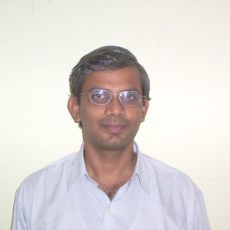
Chief Scientist at TCS Research
Tools for analysis and synthesis of programs
With over 30 years of experience in TCS Research, Venkatesh specializes in developing tools for program analysis and synthesis. His journey began with formal verification tools and has evolved to specialize in program synthesis, continually advancing software development capabilities.

Faculty, IITB CSE

Faculty, IITB CSE

Project Staff, IITB CSE

PhD, IITB CSE

PhD, IITB CSE

PhD, IITB CSE